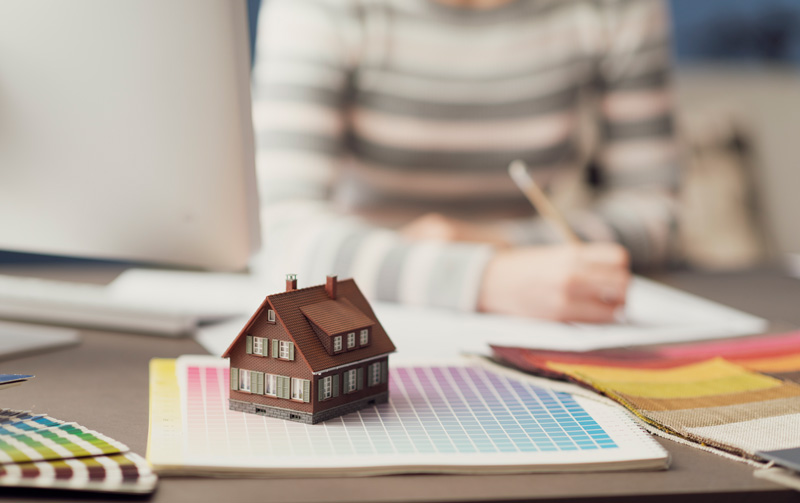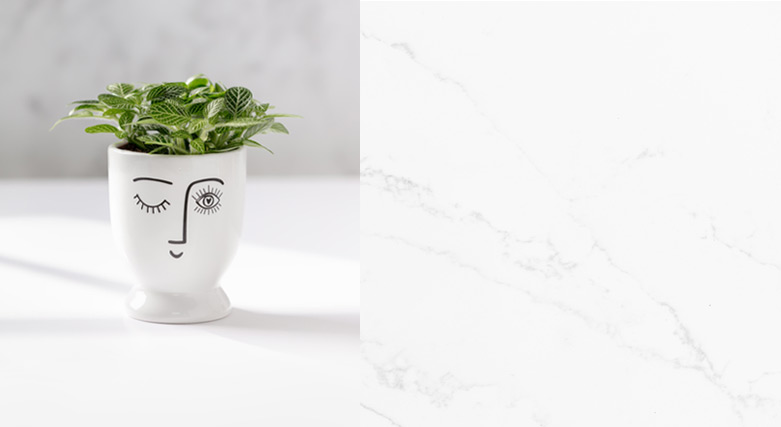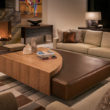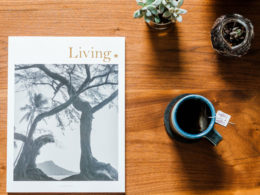Design is the intersection of form and function. It is artistic, yet it is also deeply practical. Being a designer is much more complicated than being a recluse artist. You’ll need to work with others – colleagues, clients, contractors, and vendors – and you’ll need to be highly organized. You’ll be expected to deliver something aesthetically pleasing and highly functional. And, especially if you work for yourself, your responsibilities can include a wide range of business tasks including hiring, project management, bookkeeping, procuring product, and logistics.
Here are questions to ask yourself as you reflect on if you are cut out for the task of being an interior designer. Keep in mind that by working for others, especially on large teams, your work will be more compartmentalized and you are likely to wear fewer hats – which could be what you need to make this career choice work for you.
A. Are You Suitable for the Job?
1. Have you got the right personality? To answer this you must ask yourself:
- Are you good at relating to people?
- Are you a solid communicator?
- Do you enjoy a challenge?
- Are you versatile enough to adjust to different tastes?
- Are you willing to be available to clients outside working hours?
- What income do you expect?
- Can you accept criticism?
- Have you got the artistic talent to understand harmony, balance, and space? Can you easily visualize an end product?

B. Do You Want to Be a Designer or a Decorator?
Before deciding you must understand the difference between an interior designer and an interior decorator. While they are often used interchangeably, there are fundamentally many subtle and significant differences between them. An interior designer works with understanding the functional aspects of building design using scientific methodology and includes space planning and structural execution. Because of the complexities involved, interior designers are expected to have some form of education in design. An interior decorator, on the other hand, deals with furniture and furnishing materials to decorate a space to suit a certain aesthetic. In other words, an interior designer can also be a decorator, but an interior decorator is not usually expected to design interiors. Although it must be stated that there are several decorators who also enjoy a good reputation as interior designers. So do some research to know the pros and cons of both and identify what might suit you best.

C. What Type of Interior Design Suits You?
1. Do you enjoy decorating homes or designing them from scratch?
2. What type of projects do you think you’d most enjoy working on?
- Commercial: such as office buildings, hotels, airports, schools, and hospitals.
- Residential
- Retail
- Interior or exterior
3. How would you define your design style?
- Contemporary
- Traditional
- Scandinavian
- Eclectic
- Modern

D. What Is Your Specialty / Talent / Experience?
- Are you exceptionally talented at something? For example, you might have a knack at choosing and matching fabrics, accessorizing, color selection, spatial layouts, or even technical skills like digital rendering.
- Have you got unique experience, education, or point-of-view?
- What are your strengths?
E. What Needs Do You Seek to Fulfill?
- What is interior design to you? Is it a way to make a house beautiful or is it a way to make your clients’ lives more beautiful?
- Do you seek to inspire the residents of a home?
- Or, do you seek to be involved in large-scale commercial projects with large teams of architects, builders, and the like?

F. To What Extent Can You Fulfill Those Needs?
- Have you gained enough knowledge about interior design at college?
- Do you need to study/prepare/apprentice more before taking on a design project?
- Are you confident enough to work by yourself or would you feel more comfortable working as part of a team?
- Which responsibilities do you wish to seek and avoid?
- Are you prepared to take on the business aspects of a design studio or do you want to be exclusively focused on designing?
Conclusion
Having asked these questions to yourself, by now you should have figured out what type of interior designer you would like to become, should you choose to become one. Take some time to review and reflect on your answers and estimate for yourself, whether you are a proper fit for a prospective career in interior design.
We would love to know what got you thinking about an interior design career. What factors did you keep in mind before considering a career in interior design? Which areas did you find the hardest to tackle? What excites you? What worries you? Let us know in the comments below.










